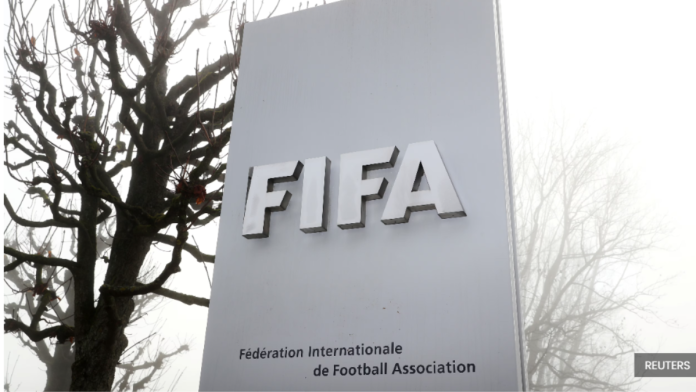The FIFA appeal committee has officially upheld all sanctions linked to the heritage players scandal involving Malaysia’s national football association. The ruling was released on November 18. It came after several appeals were filed against the original decision announced by the FIFA disciplinary committee on Sept 25.
According to the appeal committee, the evidence and submissions presented during the appeal did not provide any valid grounds to change or reduce the earlier decision. The committee explained that the use of falsified documents to gain national-team eligibility undermines international football rules. It stated that eligibility rules are essential for maintaining fairness and ensuring that every team competes under the same standards.
The committee described the act of submitting false papers as a serious violation because it directly affects the credibility of official player records. After reviewing all case files, the committee confirmed that the penalties given to the national association and the seven players were correctly issued and must remain in force.
All appeals raised by the parties were dismissed. As part of FIFA’s standard procedure, each appellant is required to pay its share of 8,000 Swiss francs in appeal costs. The committee noted that this step is mandatory in all dismissed appeals.
Sanctions and financial penalties remain unchanged.
With the appeals dismissed, the sanctions from the Sept 25 ruling are now final. These include a 350,000 Swiss franc fine against the national football association, issued after FIFA found that falsified heritage documents were used to register several players for national-team eligibility.
The disciplinary committee had earlier ruled that the players submitted false ancestry information to meet FIFA’s eligibility criteria, which require genuine family links or specific residency periods. The use of fake documents broke these rules.
By upholding the sanctions, the appeal committee confirmed that the original investigation findings remain valid. None of the explanations provided by the players was accepted, and no changes were made to any penalty. The committee said the sanctions were necessary to protect the accuracy of player records and maintain transparency in international football.
FIFA noted that such sanctions ensure accountability and help prevent similar breaches, though the committee limited its remarks to the confirmed facts of the case.
New instructions for deeper investigation
In addition to confirming the sanctions, the appeal committee ordered a wider investigation. During the appeal review, it found details that needed further examination and directed the FIFA secretariat to open a formal probe into how the heritage documents were handled by the national football association.
The investigation will look at internal operations, including how documents were processed, who managed them, and whether any internal checks failed. Its purpose is to trace how falsified papers entered the system and to identify any weaknesses.
Investigators will also review three friendly matches cited in the disciplinary proceedings to determine whether ineligible players took part and whether this affected the matches under FIFA rules.
The committee said this expanded probe is necessary to understand the full extent of the document issues that surfaced during both the disciplinary and appeal stages.
Baemin faces possible sanction as FTC reviews mounting allegations of pressure on restaurants
The appeal committee noted that the use of falsified documents may also involve criminal offences. Because of this, it ordered the FIFA secretariat to notify authorities in Malaysia and other countries linked to the origins of the documents, including Brazil, Argentina, the Netherlands and Spain.
The committee explained that these notifications allow national authorities to decide whether any laws were broken, as document forgery falls under criminal law and must be handled by legal bodies, not sports organisations.
By informing multiple jurisdictions, FIFA ensures all countries connected to the case are aware of the findings. The committee said this step is standard when evidence suggests documents may have been falsified across borders.


